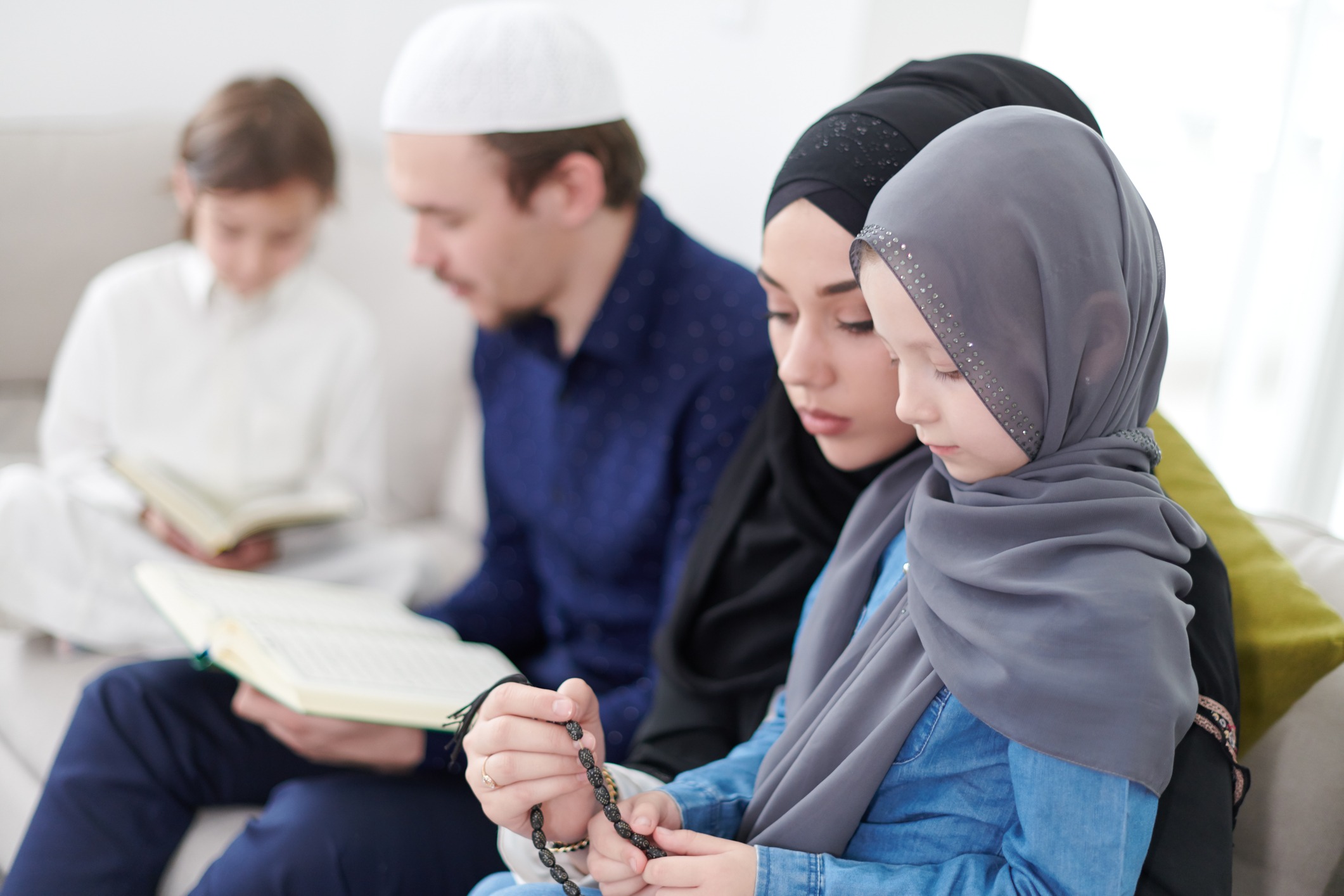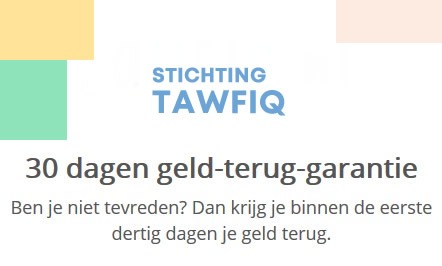Islamic education in the West is a challenge for Muslim parents who want their children to be raised in accordance with Islamic values, while also wanting them to be able to function in Western society. It is important that parents find the right balance between these two goals.
It is written in the Quran: “O you who believe! Protect yourselves and your families from the fire whose fuel is people and stones” (Surah At-Tahrim, 66:6). This verse shows how important it is for parents to take responsibility for raising their children and protecting them from bad influences.
In the Hadith books of Al-Bukhari and Muslim it is written that Prophet Muhammad (peace be upon him) said: “Every newborn is born in fitrah (the natural predisposition to seek the truth), his parents make him a Jew, Christian or magician” (Al-Bukhari, Muslim). This shows that it is the responsibility of parents to guide their children to the truth, in this case the truth of Islam.
Islamic education means that parents raise their children according to the principles and values of Islam. It involves not only learning the Quran, but also understanding and applying the teachings of Islam in everyday life. In the West, Muslim parents often face challenges such as cultural and linguistic barriers and the influence of Western media and popular culture.
To address these challenges, parents must use strategies and opportunities to combine an Islamic education with Western culture. One of the strategies is to create an Islamic community, where children can learn about Islamic traditions and norms, as well as receive social and emotional support. Parents can also use educational resources, such as Islamic books, magazines and websites, to teach their children about Islamic teachings.
In addition, it is important that parents promote intercultural communication and understanding. This allows children to learn about other cultures and traditions, while at the same time learning to maintain their own Islamic identity. Teaching Islamic history and traditions can also contribute to the development of children.
An Islamic upbringing can contribute to the personal development and integration of Muslim children into Western society. For example, a study conducted by the University of Manchester showed that children who received an Islamic education were better able to understand and integrate both their Islamic identity and their Western identity
(see: “Muslim Children in State Schools in England and Wales: An Exploration of Policy, Practice and Muslim Identity”, T. Abbas, 2011).
Another advantage of an Islamic education is that it can contribute to the development of moral values and personal growth of children. For example, Islam emphasizes the importance of mercy, forgiveness and justice, and these values can be passed on by parents to their children.
It is important that parents also emphasize encouraging children to pray and fast, and instilling in them love for the Prophet (peace be upon him). This can contribute to the spiritual development of children and help them strengthen their relationship with Allah.
The conclusion can be stated that a balanced Islamic education can contribute to the development of children and to harmony between different cultures. It is therefore important that parents find strategies and opportunities to combine an Islamic upbringing with Western culture. A balanced upbringing can lead to children who are proud of their Islamic identity, while at the same time playing an active and involved role in Western society.
References:
Abbas, T. (2011). Muslim Children in State Schools in England and Wales: An Exploration of Policy, Practice and Muslim Identity. Manchester: University of Manchester.
With this structure and content, an article on “Islamic education in the West” including evidence from the Quran and Hadith books could look like.





